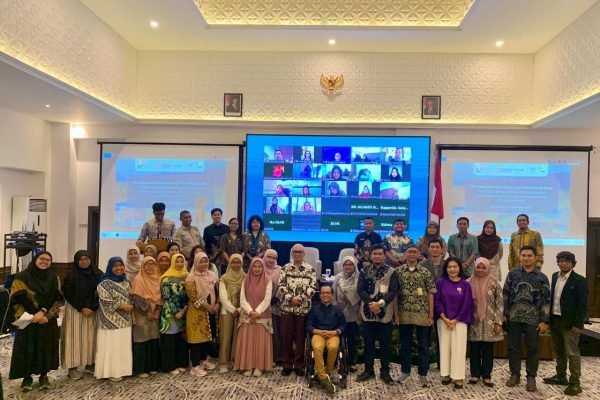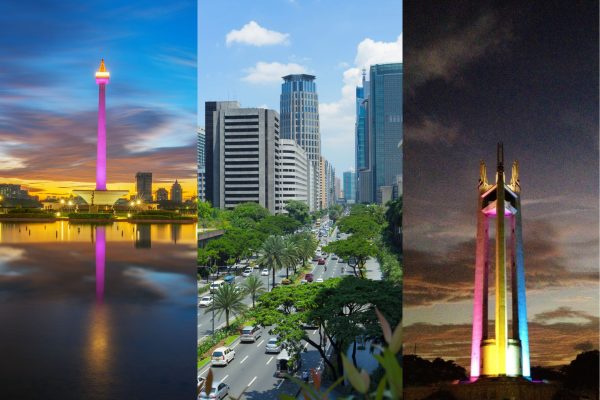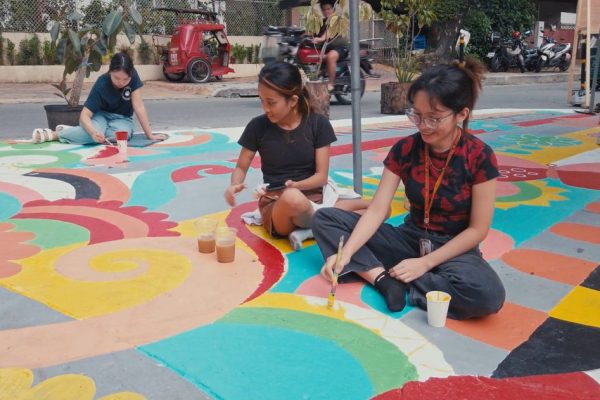On June 14 and 15, 2017, the Department of Tourism (DOT) together with Philippine Center for Environmental Protection and Sustainable Development Inc. (PCEPSDI), Philippine Hotel Owners Association Inc.(PHOA), Philippine Association of Convention/Exhibition Organizers and Suppliers Inc. (PACEOS), Environmental Management Bureau – Climate Change Division (EMB-CCD) and Climate Change Commission(CCC) held “Transforming Tourism Value Chains in Developing Countries and Small Island Developing States (SIDS) to Accelerate More Resource Efficient, Low Carbon Development Opening and Inception Workshop” in New World Manila Hotel in Malate, Manila. The two-day event showcased initiatives in pursuing climate mitigation and adaptation priorities that promotes low carbon and sustainable development in the tourism industry.
The keynote address from DOT Secretary Wanda Tulfo focused on how the tourism industry will adopt sustainable consumption and production as a long-term strategy to achieve green economic growth. It is their initiative to move towards greening the tourism industry and incorporating environmental standards. Tulfo acknowledged that the tourism sector is a key development pillar that generates high economic gains for the country and livelihood for people, as evidenced by the sector contributing 8.2% to the country’s GDP in 2016. In the Philippine Development Plan and Ambisyon 2040, the tourism sector’s target is to have 12 million international visitors and 89 million domestic travellers by 2022. With this intention, the sector is expected to have a remarkable growth, a more expanded value chain operation, and increased sectoral impacts that are related to water shortages, high electricity demand and costs, waste and sewage pollution in the coastal areas, congestion and overcrowding. United Nations Environment Programme (UNEP) estimated that under the “business-as-usual” scenario, the global current sectoral growth rates, consumption of energy would increase by 154%, GHG emissions by 131% and water consumption by 152%.
In partnership with the UNEP, they are to transform the tourism value chains of the Accommodation, Meetings, Incentives, Conferences and Events (MICE), and Food and Beverage (F&B) sector into low carbon and resource efficient operations in the country including other Small Island Developing States (SIDS). Mr. David Rogers from Waste Resources Action Programme (WRAP) discussed these tourism value chains and its key sustainability hotspots. Value chain mapping is part of the process that will promote a high level assessment in the project. Moreover, the project aims to assist the tourism industry in their shift to climate resilient practices and contribute to inclusive sustainable growth of the country. Mr. Milan Rusnak of Technical University of Denmark (DTU,) gave an overview on the opportunities on climate mitigation actions on tourism. He said that the tourism sector contributed 5% of GHG global emissions in 2005.
This four-year project funded by Federal Ministry for the Environment Nature Conservation, Building and Nuclear Safety (BMUB) and International Climate Initiative (IKI) Programme will be implemented in two key tourism zones; Metro Manila, as the nation’s capital, and Iloilo City, which is a fast rising tourism center with newly developed hotels and MICE facilities. It will consolidate tourism value chain baseline, develop policy strengthening recommendations and apply life cycle based value chain hot spot analyses in order to identify, and prioritize action for GHG emission reduction. It will also improve resource efficiency measures in saving costs, resources and manpower.




